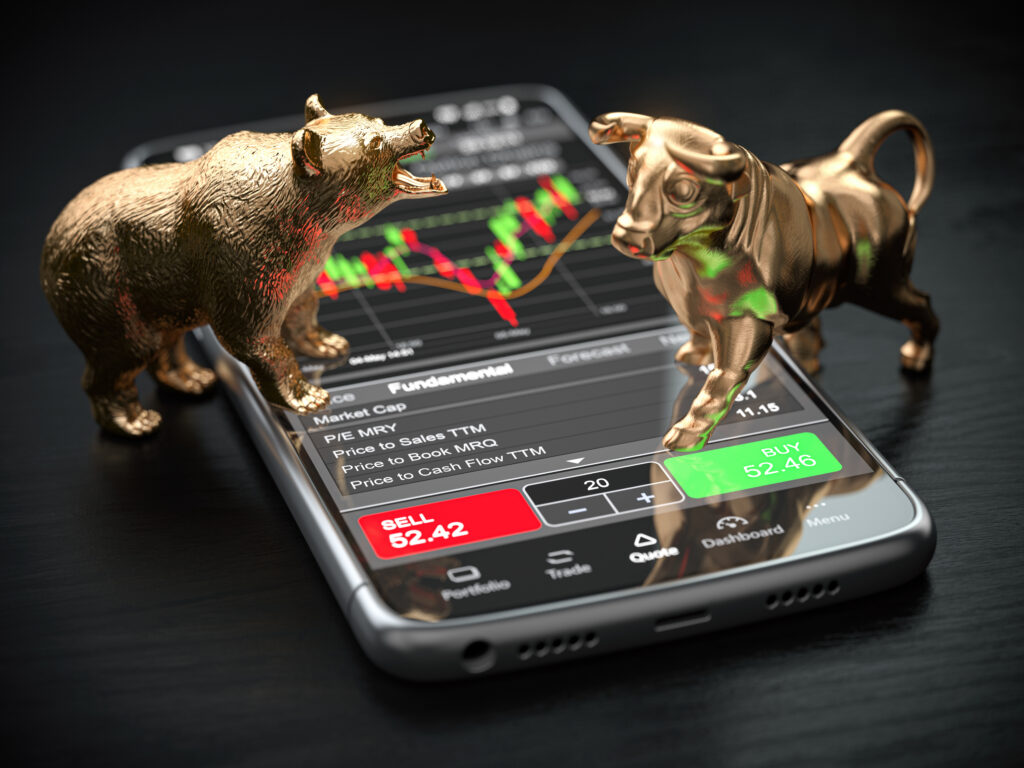[ad_1]
With its CEO considered one of the best investors in the world, Berkshire Hathaway‘s (BRK.B 5.36%) (BRK.A) earnings are a closely followed event. Unlike most companies, Berkshire issues its results during weekends, giving investors plenty of time to digest the results. Warren Buffett also shuns quarterly earnings conference calls, instead preferring to meet investors once a year at its annual shareholder meeting.
Against this backdrop, let’s dig into some key takeaways from the conglomerate’s third-quarter results to glean what’s going on with Berkshire stock as well as what Buffett might be thinking about the current state of the stock market.
Stockpiling cash
One of the biggest takeaways from Berkshire’s Q3 report is that Buffett and company have been stockpiling cash. Berkshire continues to pare down its stakes in top holdings Apple (NASDAQ: AAPL) and Bank of America. During the quarter, Buffett sold 100 million shares of Apple, leaving Berkshire with 300 million shares.
At Berkshire’s May annual meeting, Buffett said that longtime holdings Coca-Cola and American Express were “wonderful” businesses, but that Apple was even better. While the big reduction in Apple shares may have caught some investors off guard, the iPhone maker is facing a big potential risk following the government’s antitrust victory against Alphabet, which partially centered on Alphabet’s exclusive search deal with Apple. Apple has been generating a lot of very high-margin revenue from the deal, and there is the potential much of this could go away, although the final outcome remains very uncertain.
As such, Buffett may be very well reducing his large position in Apple given this risk. He cut his stake in half in the second quarter and then by another 25% with his Q3 sales.
At the same time, Berkshire also sold $9 billion worth of Bank of America stock, continuing the recent trend of paring back this stake as well. Overall, Berkshire sold $36.1 billion in stock in the quarter, while only buying $1.5 billion in stock. Together with $10.1 billion in operating profits in the quarter, Berkshire ended the period with a whopping $325.1 billion in cash and short-term investments in U.S Treasury Bills on its balance sheet. That’s up from $167.6 billion at the end of 2023.
Also notable was that despite its increasing cash hoard, Buffett decided not to repurchase any shares of Berkshire stock in the quarter. Buffett has long noted that any share buybacks are completely discretionary, and in Q2 he greatly scaled back the amount of shares he bought back. In Q1, Berkshire repurchased $2.6 billion worth of shares, while in Q2 it was down to only $345 million. The past quarter was the first quarter that Berkshire didn’t buy back its own stock since 2018.

Image source: Getty Images.
An overvalued market?
While Buffett has not commented on the state of the market, his actions seem to speak volumes. The combination of paring back top holdings, a dearth of investment activity, hoarding cash, and not buying back his own stock seems to indicate that Buffett thinks the market and Berkshire stock are overvalued.
From a valuation standpoint, Berkshire trades at about 1.6 times price-to-book (P/B) and has a forward price-to-earnings (P/E) ratio of 22 times next year’s analyst estimates. Buffett previously used the P/B metric as a gauge of whether to buy back stock, initially having a 1.1 times threshold, which he later moved to 1.2 times before eliminating it, saying he thought that neither P/B nor P/E alone were good measures of intrinsic value.
That said, both metrics are near historic highs for Berkshire, and Buffett has suddenly stopped repurchasing shares for the first time in more than five years.

BRK.B Price to Book Value data by YCharts
With Buffett appearing to think that Berkshire’s stock may be a bit overvalued, I’d follow his lead and not be a buyer of the stock at current levels. It’s a solid long-term holding that just appears to have gotten ahead of itself.
As for the market as a whole, I wouldn’t be bearish. The reason is that I think while the market is near all-time highs, we are still relatively early in how long the typical bull market lasts.
Meanwhile, artificial intelligence (AI) appears to be a game-changing technology that could help power the market for years ahead. Buffett, for all his virtues, has never been a great technology investor. Outside of Apple, he has largely shunned a sector that has produced some of the biggest winners of the past two decades.
Suzanne Frey, an executive at Alphabet, is a member of The Motley Fool’s board of directors. Bank of America is an advertising partner of Motley Fool Money. American Express is an advertising partner of Motley Fool Money. Geoffrey Seiler has positions in Alphabet. The Motley Fool has positions in and recommends Alphabet, Apple, Bank of America, and Berkshire Hathaway. The Motley Fool has a disclosure policy.
[ad_2]
Source link

